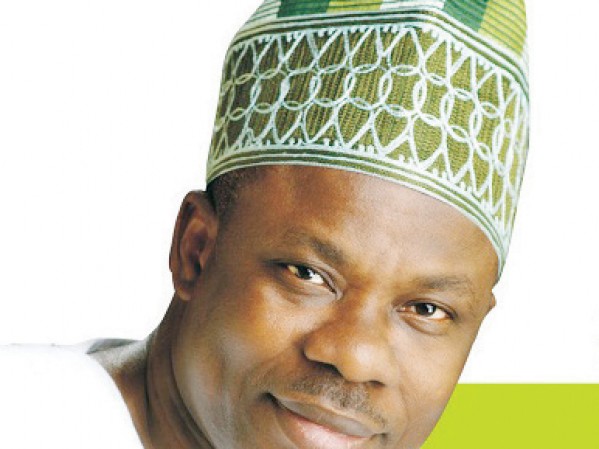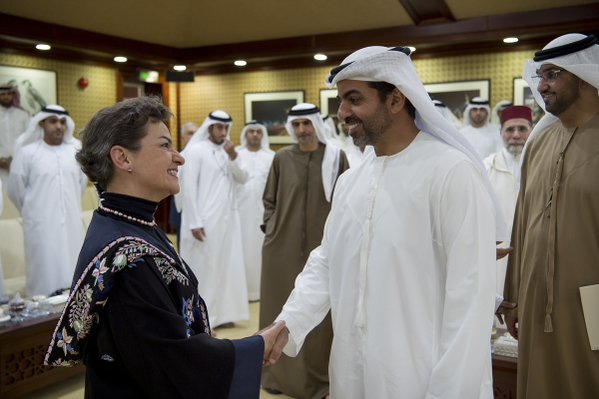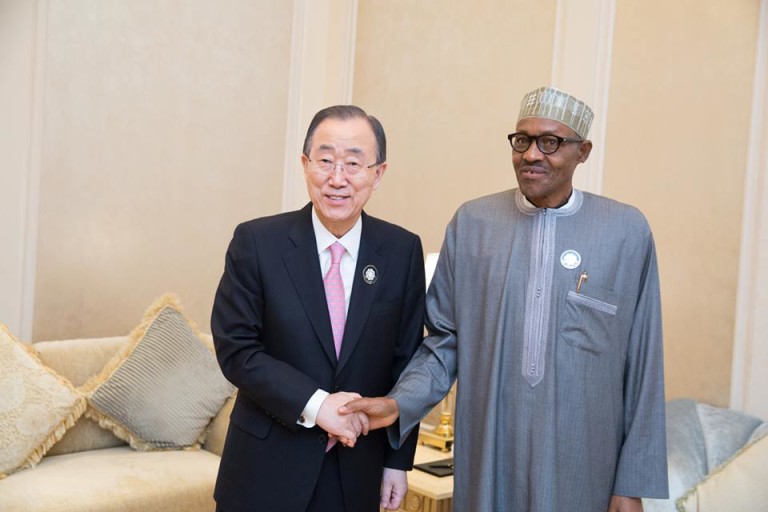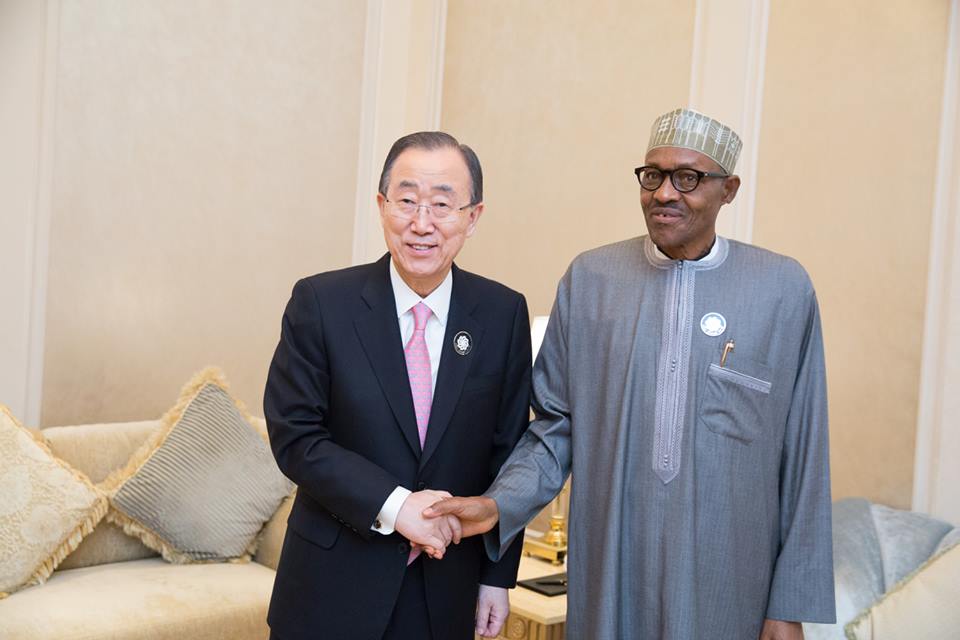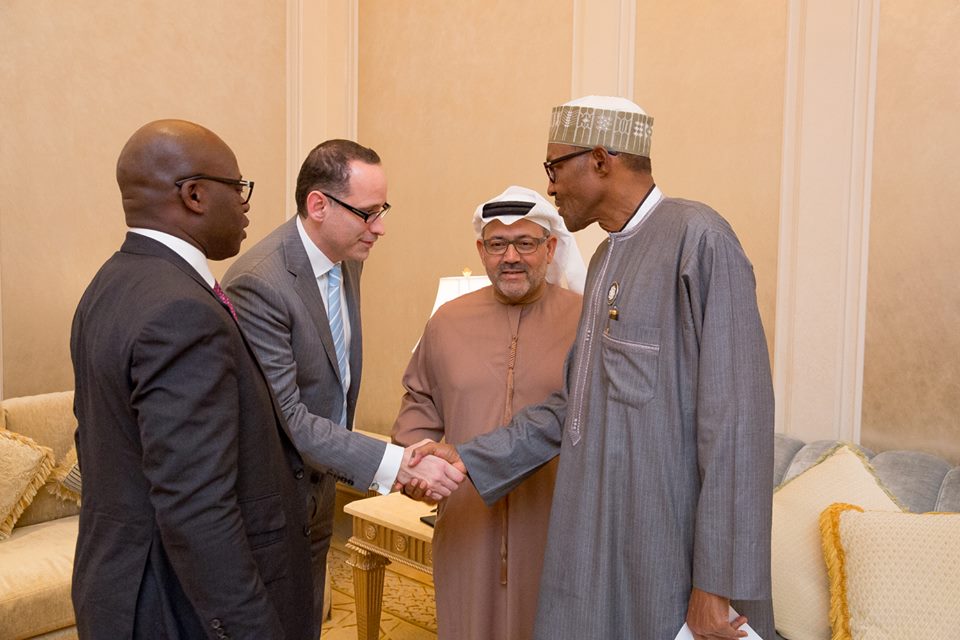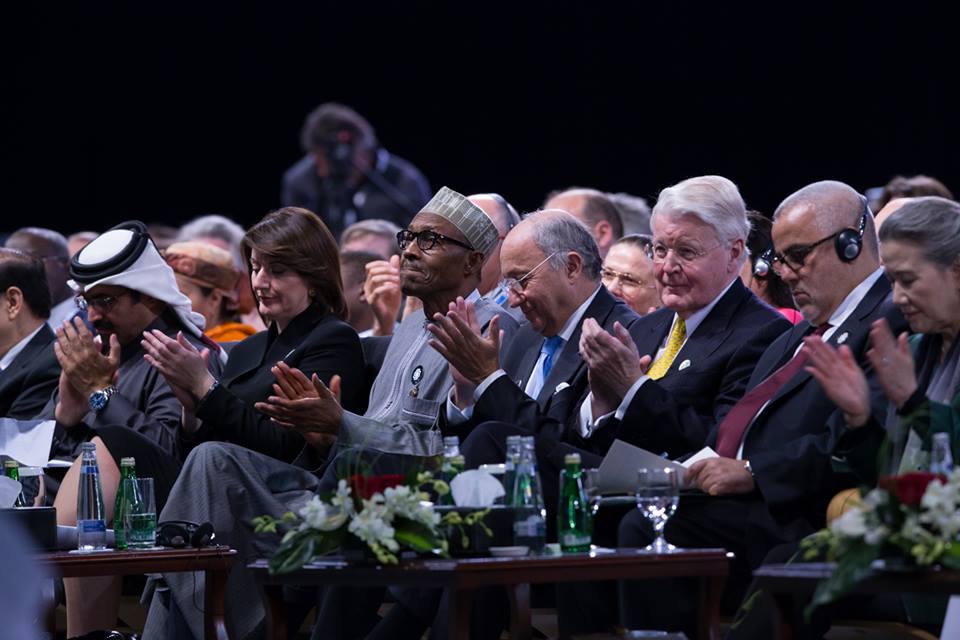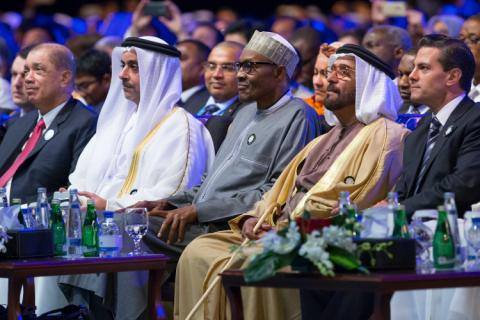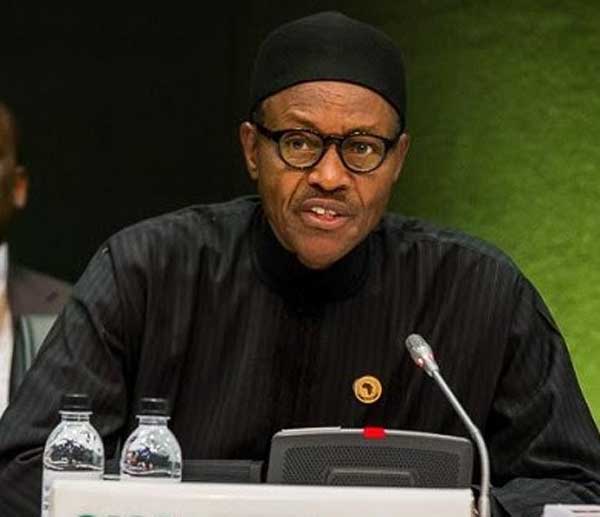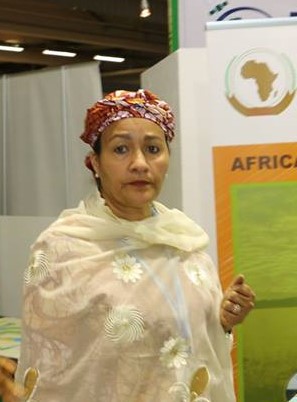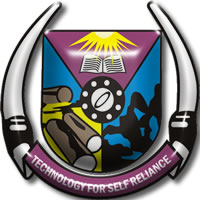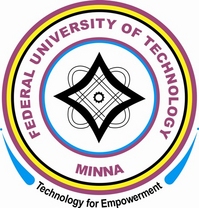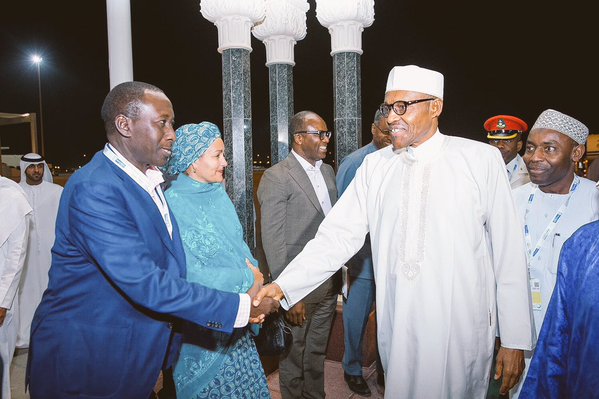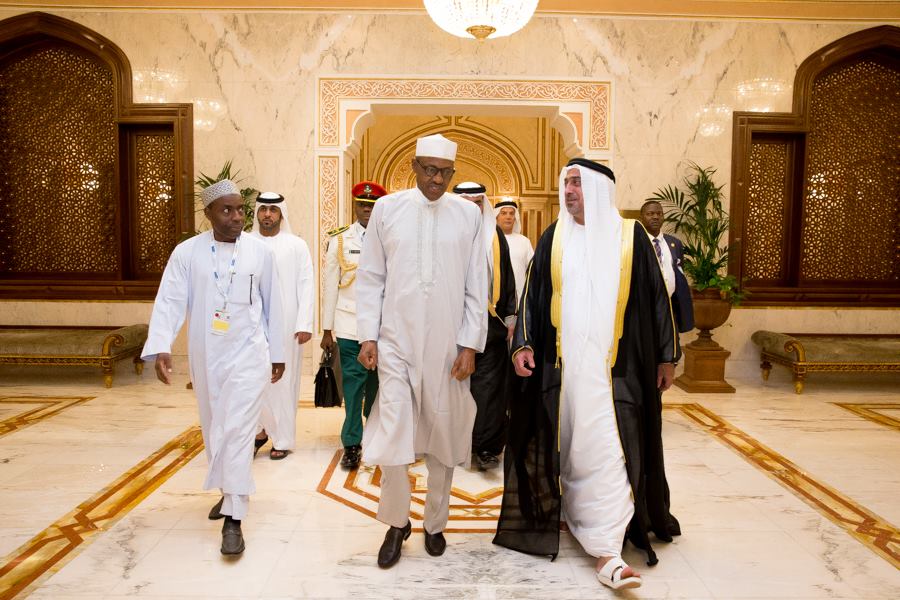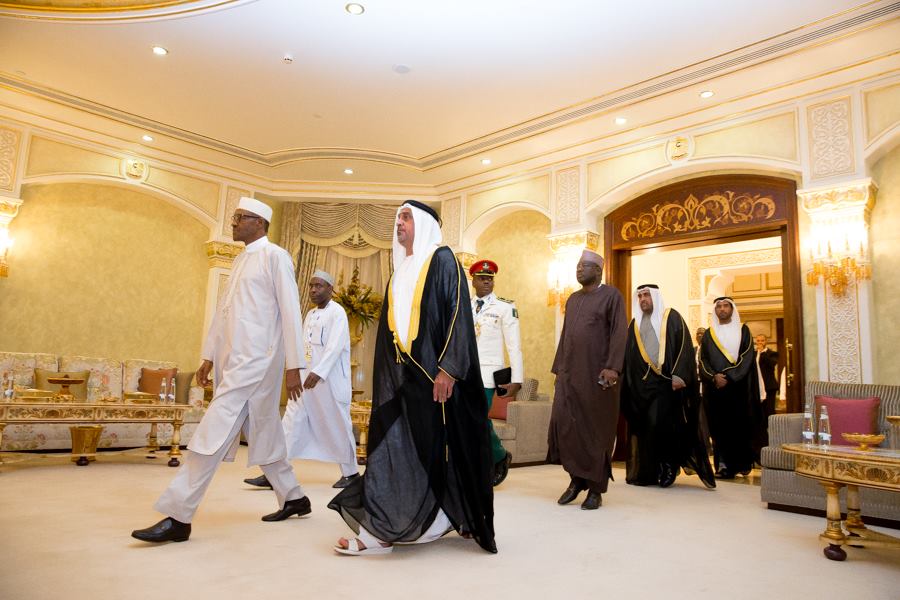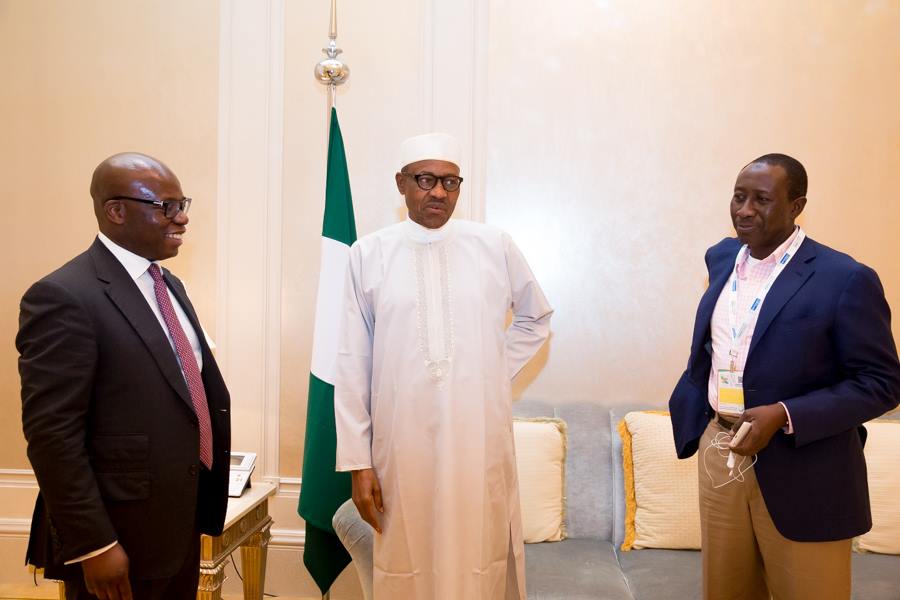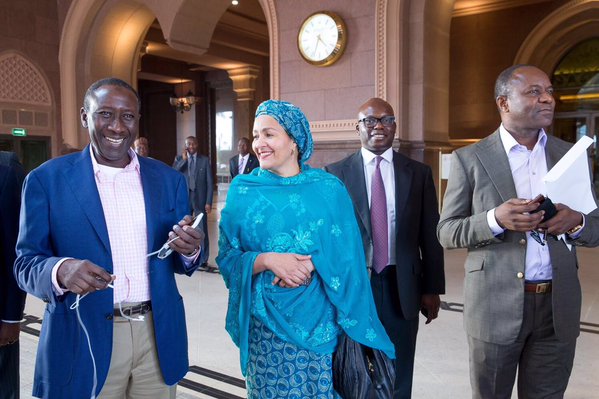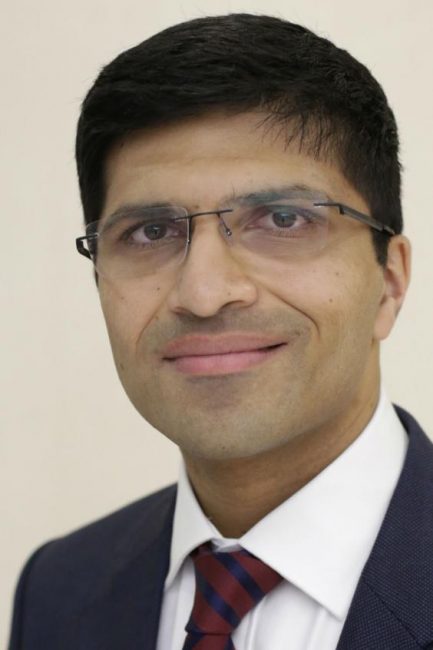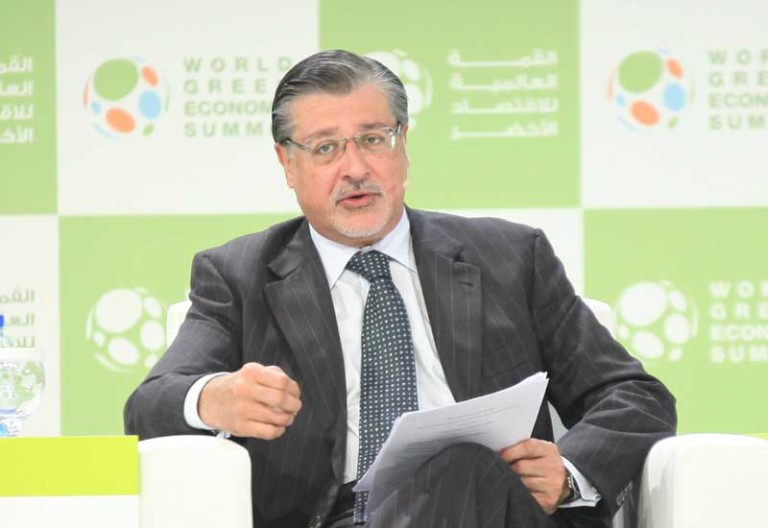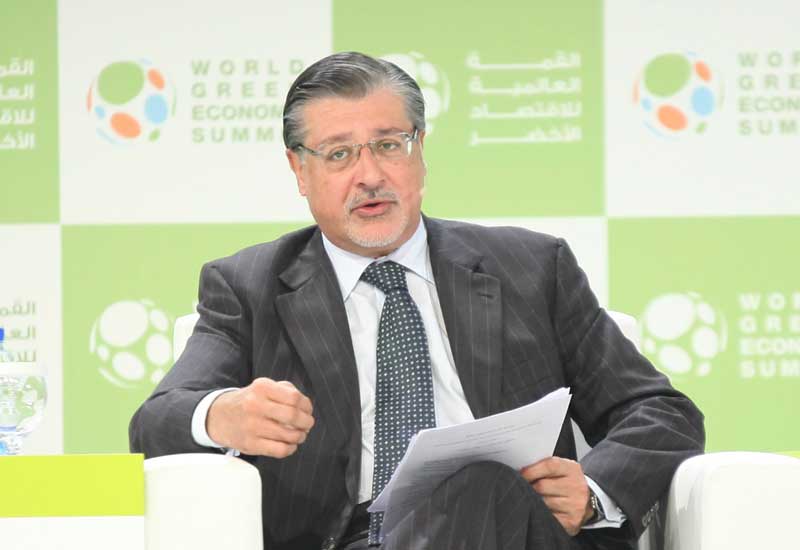Amina J. Mohammed, Nigeria’s Environment Minister, has been announced as the new Chair of the Water Supply and Sanitation Collaborative Council (WSSCC) effective from April 5, 2016.
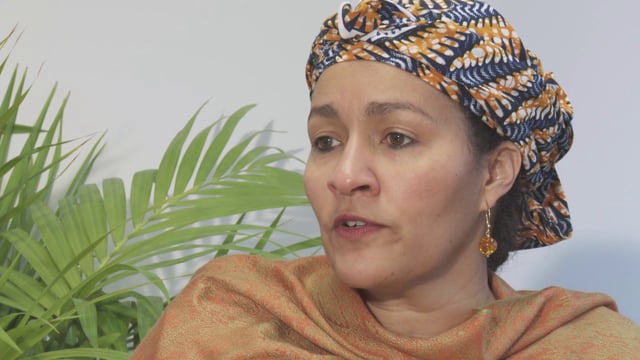
An erstwhile Assistant-Secretary General and Special Advisor to the Secretary General on Post-2015 Development Planning, Ms. Mohammed will chair the Steering Committee and guide the work of WSSCC’s Geneva-based Secretariat, its operations in 20 countries in Africa and Asia, and its 5,000 members in 150 countries.
Hosted by the United Nations Office of Project Services, WSSCC is the part of the United Nations devoted solely to the sanitation and hygiene needs of the most vulnerable people around the world.
Mohammed replaces the interim Chair, Andrew Cotton, Emeritus Director of the Water, Engineering and Development Centre (WEDC, Loughborough University), and previous Chair, Prof. Anna Tibaijuka, Member of Parliament, Tanzania, and former Under-Secretary General and Executive Director of UN-Habitat.
“WSSCC embodies the transformative spirit of the Sustainable Development Goals, promoting WASH at the national level as a strategic entry point for attaining multiple targets,” says Mohammed, adding:
“By improving sanitation and hygiene at scale in sub-Saharan Africa, South and Southeast Asia, in particular, the Council is playing an important role in improving education and health, and in empowering women. I am proud to Chair an organisation that understands that equality and universality must go hand-in-hand towards achieving a sustainable development agenda.”
As the Secretary-General’s Special Advisor on Post-2015 Development Planning, Ms. Mohammed worked systematically to ensure the successful adoption by Member States of the Sustainable Development Goals in September 2015.
She is an Adjunct Professor at Columbia University and previously held the position of Senior Special Assistant to the President of Nigeria on the Millennium Development Goals, serving three Presidents over a period of six years. In 2005, she was charged with the coordination of the debt relief funds ($1 billion per annum) towards the achievement of the Millennium Development Goals in Nigeria.
From 2002-2005, Ms. Mohammed served as coordinator of the Task Force on Gender and Education for the United Nations Millennium Project.
The appointment of Ms. Mohammed will build upon WSSCC’s tradition of having a Chair with experience serving as a senior official of the United Nations and who is a current or former government official. WSSCC is an organisation that prides itself on the intersection of state and non-state actors, and the appointment of Ms. Mohammed will ensure that this continues.
By WaterSan Perspective Reporter

